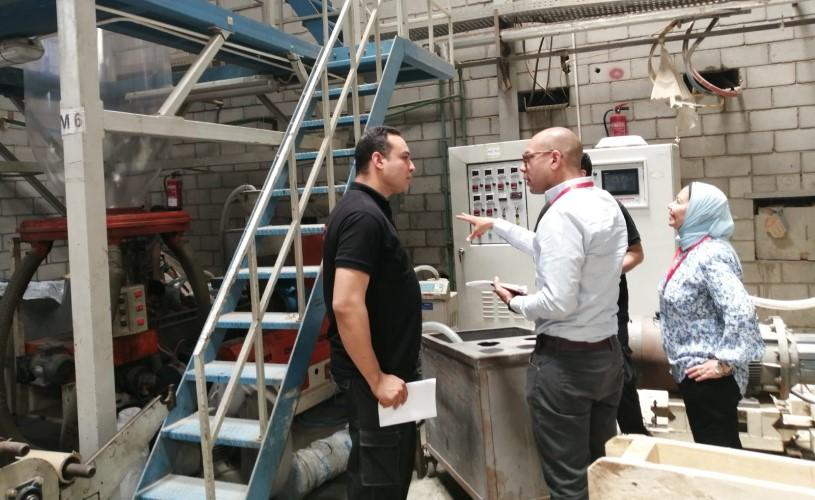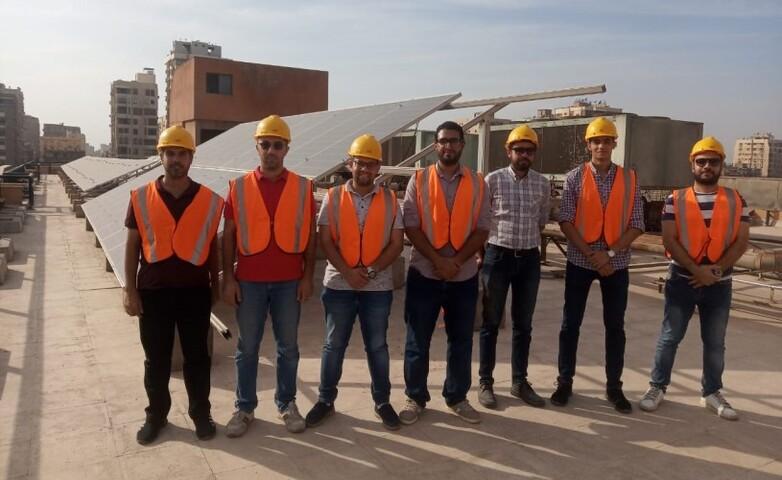Context
Over the last decade, Egypt has prioritised national energy security and positioned itself as a regional energy hub. This focus involves both domestic initiatives and international collaborations to expand renewable energy sources, improve energy efficiency, and invest in green hydrogen technologies.
Egypt has outlined several strategies, including the Egypt Vision 2030, the Integrated Sustainable Energy Strategy 2035, the National Climate Change Strategy 2050, and the National Low Carbon Hydrogen Strategy. These frameworks guide the country's legal, institutional, and financial efforts towards sustainable economic growth and low-emission development.
Objective
Improved institutional and technical capabilities within the Ministry of Electricity and Renewable Energy (MoERE) and its affiliated entities have successfully reduced greenhouse gas (GHG) emissions and production costs in the electricity system of Egypt.
Approach
Since 2008, the project has facilitated policy coordination and sustainable energy practices to foster collaboration between Egypt and Germany to promote low emission development within the electricity industry.
It focuses on enhancing its partner institutions through a multi-layered, demand-driven approach:
• Empowering individuals within partner institutions: Developing and refining technical, planning, and management skills.
• Promoting partner organisations: Supporting procedural, organisational and technical frameworks.
• Assisting national policies: Providing policy support and aiding in strategy implementation.

